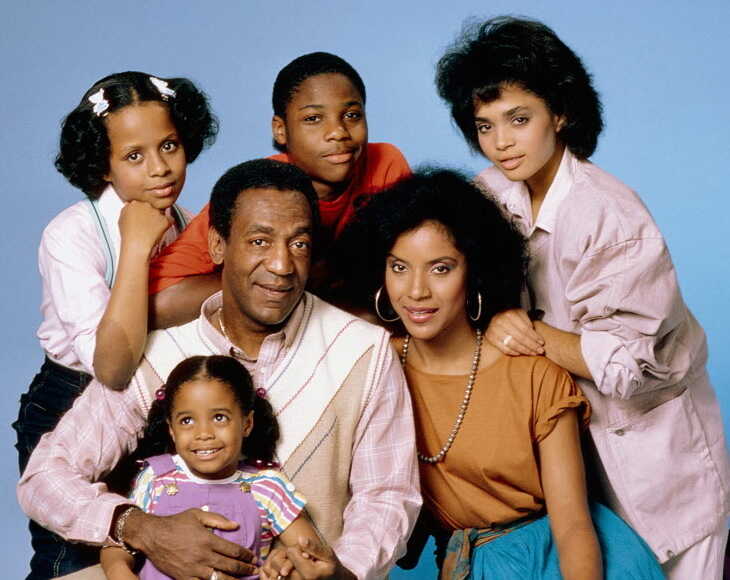Phylicia Rashad's Cosby Show Confession Is Worse Than You Think

For decades, Phylicia Rashad was America's mom.
As Clair Huxtable on The Cosby Show, she helped redefine what a Black family could look like on television — educated, loving, successful, and proudly complex. But in recent years, her public defense of Bill Cosby has raised serious questions about that legacy.
Rashad, now 77, has finally spoken candidly about what she experienced on set. In a recent interview, she said:
"What I saw was fun — never anything inappropriate. What I saw was work and play at work, and fun. Mrs. Cosby was a frequent visitor to the studio. She was there a lot. That's what I saw."
That may sound neutral, even nostalgic — but given what the world now knows about Cosby, it's also deeply revealing.

Back in 2015, as over 60 women came forward accusing Cosby of sexual misconduct spanning decades, Rashad publicly dismissed the allegations. In an interview with Showbiz 411, she said:
"Forget these women. What you're seeing is the destruction of a legacy, and I think it's orchestrated."
The backlash was swift. Critics, survivors, and fans who once revered her were stunned. Many saw her comments not just as misjudged, but as a betrayal — particularly given her stature as a cultural role model and advocate for women.
The situation escalated again in 2021 when Cosby's conviction was overturned on a legal technicality. Rashad tweeted:
"Finally! A terrible wrong is being righted — a miscarriage of justice is corrected."
Once again, the reaction was immediate — and this time it hit even closer to home. Rashad had just been named Dean of the Chadwick A. Boseman College of Fine Arts at Howard University. Students and faculty called for accountability, accusing her of undermining survivors and jeopardizing the trust of the young people she was hired to lead.
She later posted a follow-up statement:
"I fully support survivors of sexual assault coming forward. My post was in no way intended to be insensitive to their truth."
Howard University issued its own carefully worded statement affirming its support for survivors — but took no disciplinary action against Rashad.
The Fallout
The damage, though, was already done. The Cosby Show was pulled from syndication across multiple networks. Royalties vanished. And Rashad's once-universal acclaim fractured into something more complicated: reverence, confusion, and criticism.
Rashad has kept a lower profile since. She continues her work as dean at Howard and has taken on acting roles in This Is Us, Creed, and others — but every appearance now comes with commentary about her past remarks.
What once seemed like unshakable loyalty to a longtime colleague now reads differently: as a refusal to acknowledge a hard truth. And for many fans who grew up watching The Cosby Show, her words hurt more than she may ever have intended.